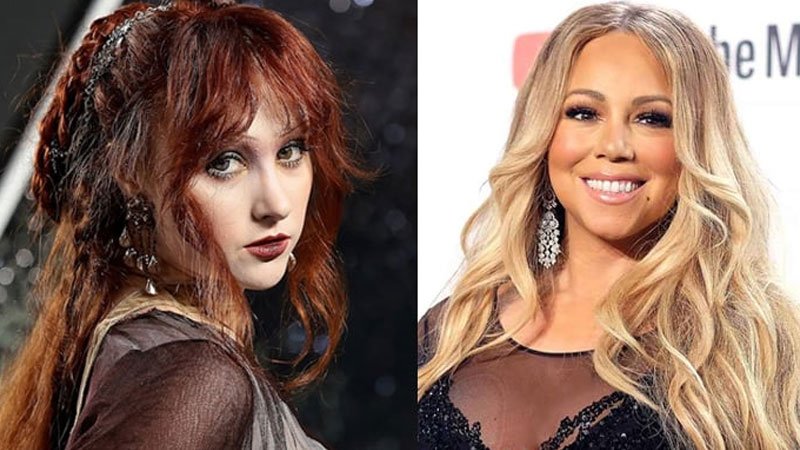
Getty Image
Mariah Carey has responded to rising pop star Chappell Roan’s struggle with newfound fame, acknowledging the challenges that come with being in the spotlight. The acclaimed artist, known for her holiday classic “All I Want For Christmas Is You,” admitted that there are moments under the spotlight that can be classified as “not fun.”
Chappell Roan, the creator of the album The Rise and Fall of a Midwest Princess, recently opened up about her mental health struggles, revealing that she had been diagnosed with “severe depression” linked to her sudden rise to fame. In an interview with AOL, Roan shared that even simple daily activities, like going to the park, now require her to “book security” and overthink about “how do I do this in a safe way where I’m not going to be stalked or harassed?”
Carey, who has navigated her share of ups and downs in the music industry, sat down with the Associated Press for a conversation where she was asked to share her insights and advice for young artists like Roan, who have experienced a rapid ascent to stardom.
Reflecting on her own journey, Carey remarked, “Well, I have been through my share of dramas and it’s not fun because you grow up thinking, ‘I want to be famous.’ I mean, really with me, it was always, ‘I want to be a singer. I want to write songs.’” She acknowledged that the desire for fame was intertwined with her aspirations, saying, “But ‘I want to be famous’ was right there with it.”
Carey elaborated on the emotional implications of fame, sharing, “I feel like it was probably because I didn’t feel like I was good enough on my own because of the things I went through growing up. And that’s not a good way to feel, you know?” told by MSN.
Her candidness about the mental health challenges associated with fame offers a poignant reminder of the pressures that come with public life. As both Carey and Roan navigate their respective journeys in the music industry, Carey’s advice serves as an important reflection for emerging artists grappling with the complexities of sudden fame.
In an industry often glorified for its glamour, both women highlight the personal costs that can accompany such success, emphasizing the need for support and understanding among artists facing similar struggles.


